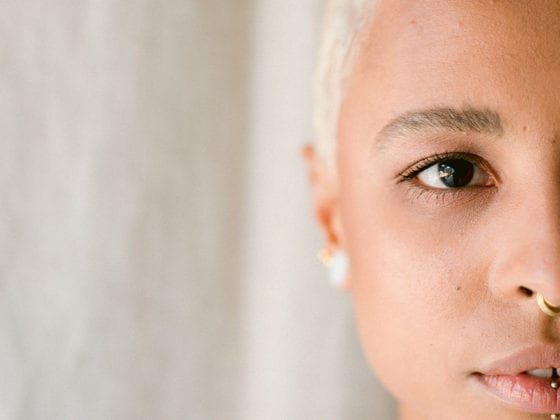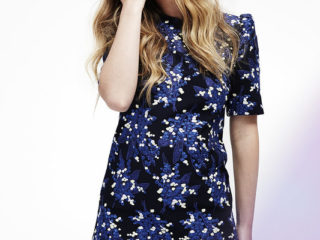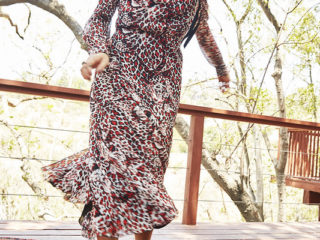“Dear Diary” have never been words that came naturally to me. My attempts felt uncomfortable and filled my empty notebooks with doodles and scratched words. I abandoned the idea, and it wasn’t until the recommendations of a counselor and some wise friends that I picked it back up. I slowly made the habit my own.
Now, I am never without a floral paperback journal in my bag, and I start most mornings curled up with a cup of coffee and a pen.
In pushing past my own discomfort, journaling has become an essential tool for my everyday healing, growth and gratitude. My bedside table contains stacks of memories and tears poured out in messy handwriting. There’s a surreal delight in rereading your story as it has unfolded and being able to be proud of how far you’ve come.
Journaling has become an essential tool for my everyday healing, growth and gratitude.
But where to begin?
Perhaps, you’ve also tried and ended up with awkward scribbles or simply stared at a blank page. Journaling can exist as a romanticized picture in our minds that we can’t live up to: We don’t have the right words. We don’t know what to say. We feel uncomfortable.
Yet, journaling is far more about giving yourself space and permission than it is about curating your heart into pretty words. In fact, it looks much more like overflow—messy, beautiful personality, hurt and joy spilled onto pages.
It isn’t important what it looks like. What’s important is committing to it. Even if it’s a few sentences every morning or evening, asking yourself a singular reflective question or scribbling some emotion, there is no shame in a simple start. The hope is that it would become a rhythm to record thoughts, emotions and ideas and they would flow increasingly naturally.
The hope is that it would become a rhythm to record thoughts, emotions and ideas.
The challenge may be in simply making journaling a priority. It can feel like another menial task in our hurried lives, but particularly at the beginning of your day, starting with a fresh page and unfiltered thoughts (instead of another scroll through Instagram) may be the kindest and most loving thing you can do for yourself. When we make time to seek joy, growth and settled thoughts, the rest of our life has a better foundation to fall in line.
For those that may be like me and need time or tools to process emotion or thoughts well, journaling can become a lifeline, even if it’s a reluctant one. For me, journaling began as a discipline and has become a safe haven. I can work through my messiest thoughts and ugliest emotions and leave them on the page.
I can work through my messiest thoughts and ugliest emotions and leave them on the page.
On the best days, I walk away with clarity. Other days, the pain may be all the more acute, but regardless of the day-to-day feeling, overall, it has shaped me into someone who knows how to slow down and think deliberately and value my own process. Much of your personal purpose in journaling can be found in searching your heart and mind for where you can be more intentional with yourself and your thought-life. Your thoughts and emotions are valuable and worth being noted.
As we flip back through our pages and see ourselves with clarity, we can more clearly see hope and motivation propelling us forward, too. Regardless of the season we’re in, we have the opportunity to slow down and breathe in the beauty of our everyday lives.
Is journaling a habit you have added to your daily routine? How has journaling impacted you?
Illustration via Megan Galante, Darling Issue No. 24











1 comment
I totally agree! I’ve journalled daily since 2012 – that’s eight years now – and it’s become a way for me to wind down after the day, sort out my thoughts etc. Sometimes I think I have an unhealthy obsession with it, haha!
–
Charmaine Ng | Architecture & Lifestyle Blog
http://charmainenyw.com